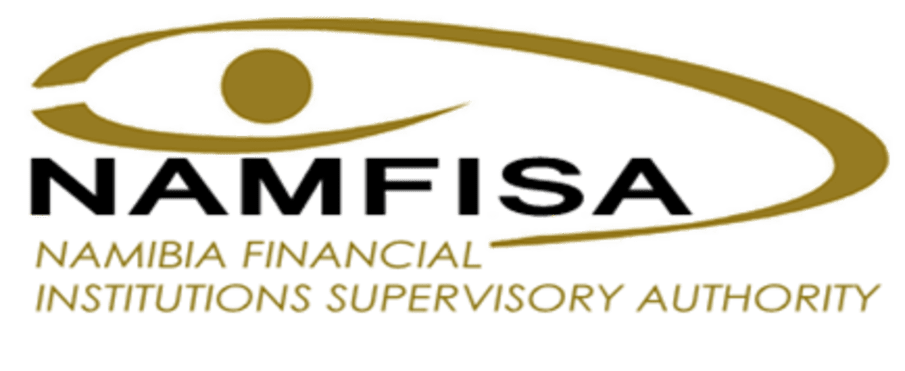Dear readers,
The year 2014 is already at the end of its first quarter
and so much has also already happened in these past three months! The festive season is firmly behind us and we all have our attention focused on how to make good of this year, whether personally or professionally. A key aspect of most people’s lives is, of course, their finances. Without finances, as we all know, not much can be accomplished. This is especially true for personal needs and wants.
In our previous (Christmas) edition, I spoke at length about the need to spend wisely during the festive season, with a focus on saving money for the future.
I have received positive feedback regarding our ‘Spend Wise’ message in the previous Consumer Education Bulletin. Many of our readers requested more information on spending wisely and ensuring financial independence. In this edition and in subsequent ones, we will continue to share vital information that we hope will improve understanding of the need to be financially independent. Within the context of Vision 2030 and the Namibia Financial Sector Strategy, NAMFISA is expected to deliver on
a number of deliverables. These include:
• Establish appropriate safety nets to protect depositors and to ensure and maintain financial stability;
• Implementation of a consumer protection legal framework to ensure transparency and disclosure, as well as to address consumer complaints and redress mechanisms;
• Increase national financial literacy rate by 2020 ;
• Improve access to financial services and products by eligible Namibians by reducing lack of access from the current baseline of 51.7% to 26%.
Evidently, this is not an easy task but we are confident here at the Authority that we will be able to collectively deliver on these expectations if we work together. For starters, consumers should take their personal finances more seriously with the view to create financial independence. Personal financial independence should be what every one of us aspires to achieve. Being free from debt and exorbitant interest rates is what we should all be striving for. Within the framework of the financial independence quadrant, we should at the very least work towards minimising the indebtedness window while working to enlarge the financial freedom window. It is not easy to achieve, but nothing will be accomplished if we don’t start to work on securing that independence.“The beginning should not be that difficult. As a starting point, consumers should start putting a portion of their income into a savings account. This will help to easily make money or cut expenses, especially in a tough economic situation.”
When you get a bit of extra cash, invest your money in available investment vehicles and keep investing. Soon, your money will build interest and compounding will start to take effect. If you do this
consistently, you will in no time be on your way to financial independence, where there will be no need to borrow to cover the costs of basic needs.
Once you have secured financial independence, the only way to remain independent is to keep saving and investing and spending only on things that are absolutely necessary.
By investing and saving more, the burden of debt will be minimised. As they say in war and in sports, “A good offence is the best defence.” Therefore, save and invest to avoid unnecessary debt and related stress.
I wish you happy reading.
Phillip N. Shiimi
NaMfiSa CEO
